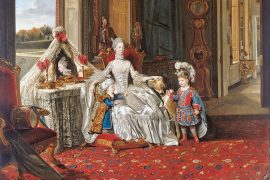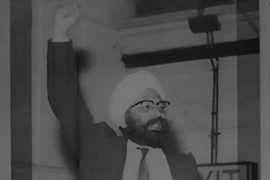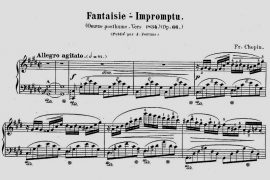When the Beechnut Packing Company wanted a way to sell more bacon in the 1920s, they turned to Edward Bernay. The man, dubbed the ‘Father of Public Relations,’ saw to it that a group of medical professionals recommended that people eat ‘hearty, nutritious breakfasts.’ He then forwarded these results to over 5,000 physicians.
The result, in one way or another, is the popular conception that breakfast is the most important meal of the day, and that the American ‘bacon and eggs’ combination is the best way of going about this. It was a dazzling psychological ploy, from the nephew of none other than Sigmund Freud.
Edmund had done his research. Prior to his campaign, surveys showed that the American people usually consumed a light breakfast, usually of coffee and orange juice. The physicians he consulted were only stating in fact that a heavy breakfast was better than this light one.
In the West, breakfast came to represent a particular collection of foods – cereals, bread, eggs, bacon and pastries. The ‘American breakfast’ was but a reflection of the ‘Full English‘. In the Middle Ages, most only enjoyed two meals in a day; breakfast and dinner. The former consisted of cold meats, ale and bread. By Victorian times, the elites began to enjoy a fuller spread. The 19th century saw the emergence of frying bacon and eggs. By the 20th century, all sections of British society enjoyed the Full English – also called a ‘fry up’, because most parts of it were made by frying.
Copyright©Madras Courier, All Rights Reserved. You may share using our article tools. Please don't cut articles from madrascourier.com and redistribute by email, post to the web, mobile phone or social media.Please send in your feed back and comments to [email protected]











